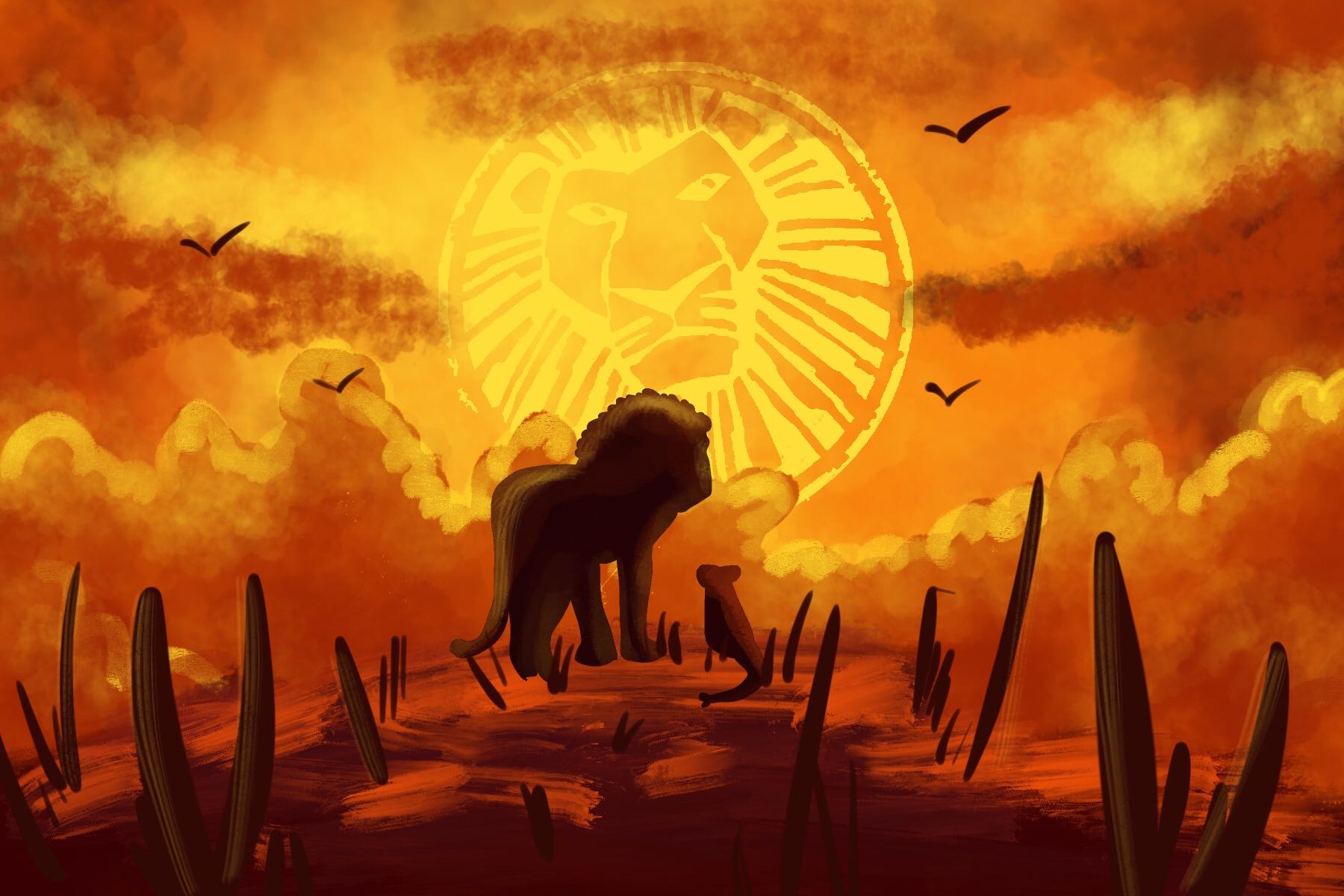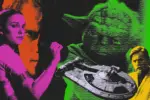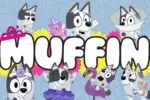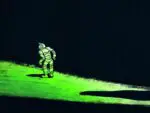As part of the Disney renaissance, the original “Lion King” is a feat of traditional animation. The swelling score, the gripping story and beautiful hand-drawn animation pull viewers into a magical world that millions of people enjoy to this day, even when it’s a schlocky shot-for-shot remake with no heart.
That’s right: “The Lion King” remake is currently the highest-grossing animated film of all time, knocking down “Frozen” to the number two spot. What does this mean for animation? Why is it bad? And how do we make the industry better? Let’s dive in.
First off, there is absolutely nothing wrong with CG (computer generated) animation. The technical feat of “The Lion King” remake is outstanding, and the animators are incredibly talented 3D artists who deserve all the credit in the world. The problem is that literally no other animation studio in the world could afford to pull off a movie like this.
Animation, especially CG, is extremely expensive. The cost to make one full shot alone is roughly $10,000 because CG animation takes so much time. Not only do artists have to render models, but for “live action” films they need to make their models look realistic, both when idle and moving.
Animation is no easy venture. I go to one of the top animation schools in the country; in fact, all my roommates this year are animation students. They put in weeks’ worth of effort to make even a simple character look authentic. Art is a luxury that few can afford, and Disney is probably the only film studio that can afford a realistically-rendered CG film like “The Lion King.”
The success of Disney affects the animation industry because of the response. People love Disney. There are multimillion-dollar-earning theme parks for the company all around the world that rake in mad cash every day. Disney has the money to put the utmost amount of work into their animations, making their work the best as technically possible. When the work is the best, audiences view that studio as the best.
This relationship between quality and popularity essentially creates brand loyalty to Disney just because they have the money to make technically outstanding films. Disney has grown so much that the company is devouring “smaller” companies (take a look at this scary chart depicting all the companies Disney owns) to essentially become an animation monopoly in the West. The only other studio that holds a candle to Disney is France’s Illumination Studios, who produce hits like “Despicable Me” and “Minions.”

Why is it so bad “The Lion King” is doing so well? Clearly the animators put a lot of work in, so shouldn’t they reap the rewards? Yes, it’s true credit is due where it’s due, but what’s bad about “The Lion King” isn’t the animation: The film’s creativity is the problem, but don’t blame animators. Most animators at major studios do not have any say over creative decisions.
Like any working artist, animators are paid to produce a specific piece of artwork described in detail by a client. What “The Lion King” remake did is throw away any creative liberties the studio could have taken out the window. The hundreds and thousands of animators who worked on this film are creative, but the executive decision casting a shadow over them is not.
This movie is no “Mulan,” whose remake will be closer to the original legend, or “Maleficent,” whose retelling is about the villain rather than the princess. It’s not even “Beauty and the Beast,” which at least included new musical numbers. “The Lion King” remake is literally the same “Lion King.” The same songs, the same plot, the same story and the same characters are all there.
The issue with the continuity is that audiences aren’t going to see original animated movies anymore. For example, films like “Spiderman: Into the Spiderverse” — one of the most critically-acclaimed animated films of our time — is the lowest-grossing Spiderman film by a long shot. The flick still made its money back, but it made nowhere near any of the live action Spiderman movies.
“Into the Spiderverse” is not the only case of critically-acclaimed original animation not doing as well as live action or remakes. Laika Studios’ “Kubo and the Two Strings” is hailed as a peak of animation but only made $17 million more than its initial budget.
The lack of success of animation compared to live action films is due to a lack of love for animation that isn’t Disney. Many people see animation as a medium only for kids, so they won’t invest their money into it unless they have kids. What’s wrong with this mindset is those same people go crazy for Disney either because they have children or because they grew up on watching Disney films.
Because Disney is a familiar studio to basically everyone on the planet, people will go see their films since they are recognizable as fun and are typically good.
“The Lion King” shows audiences the same movie they saw years and years ago, but just prettier, thanks to the talented animators. What this does to studios is make them afraid to take major creative leaps with their work. Financially, making a completely original animated film is risky for animation studios (even Disney) to do. Disney has proven with “The Lion King” that a film doesn’t need to be creative, unique or good to make money.
Disney created a conundrum where audiences only want to see what’s familiar and will pay lots of money to see something they already know, rather than make them crave original stories. While one could argue Disney’s original films still make buckets of cash, Disney then uses those original successes to make sequels upon sequels upon sequels.
With Disney being the biggest animation studio in the world, it’s hard to see how the industry could change. Well, it is changing. The industry is molding to Disney’s liking, leaving barely any room for other studios to breathe.
For the industry to change, Disney must change. The studio needs to promote its original animations just as much as its remakes, but let’s clarify one thing: You can like “The Lion King” remake. There is nothing wrong with enjoying this film, but audiences need to recognize Disney has left little room for creativity in their market. Unless the studio changes, we’ll be living in the world of the mouse very soon.
















